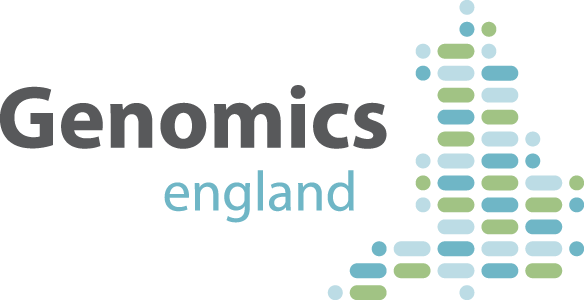In December of 2012, Britain’s then Prime Minister announced an ambitious plan to sequence a whopping 100,000 whole genomes from the UK’s NHS patients by the end of 2017.
To that end, a new company was formed, known as Genomics England Limited, from here on referred to as GeL.
This was in June 2013, and it was a few short months later, that they held one of their first Town Hall style Engagement Events. The idea was both to inform and to consult. There were scientists, clinicians, patients, and members of the public present.

Here, we learned that the people at GeL are every bit aware that theirs is a near-impossible task. No question about it, it’s an extremely ambitious plan.
But a plan it is. In close collaboration with Public Health England, they will during the first Pilot Phase, over the next 18 months or so, sequence just a few thousand genomes.
They will begin, sensibly, by concentrating on those with cancer, those with rare inherited diseases, and those with infectious diseases.
One of the aims of this pilot phase is to ensure that they have developed good models of practice for the entire plan. Starting of course with matters of consent, moving onto the storing of samples, and then going into matters of data generation and variant analysis.
It is expected that many sequencing centers will be popping up across England in partnership with the industry.
We gather that GeL has been terrifically savvy with their tendering strategy. They are actively encouraging the competition between the next-generation providers and the existing ones, to drive costs down.
All this knowing that the initial Government funding, which may sound like quite a lot at GBP 100 million, makes up just a fraction of today’s price per genome.
One matter that appeased many of the attendees was the knowledge that all of this genomic data will be stored inside the NHS firewall, which many felt was very reassuring.
The raw data is linked to the patient’s medical record, is made available for clinical use, and is completely anonymized for use with any research procedures.
It all sounds very good indeed, but people were right to question whether it can all be pulled off. The NHS doesn’t have the best IT infrastructure and its informatics resources are somewhat limited for such an ambitious project.
But let’s get to the real elephant in the room. The interpretation of genomic variants in patients. Even in the best of diagnostic settings, patients can have difficulty understanding the effect of rare functional variants in genes. Some such information about variants may be clinically useful, while other times this may be considered useless or misleading.
There is a strong call for GeL to begin by focusing on delivering diagnoses rather than focusing too intently on premature genome screening.
GeL is set to create a great legacy for genomic medicine in the NHS, but perhaps their greatest challenge will be in managing patient expectations.
